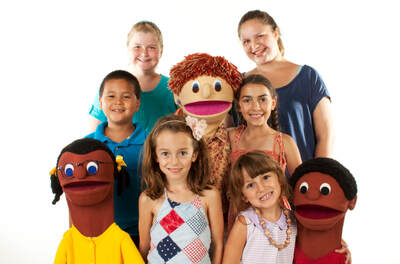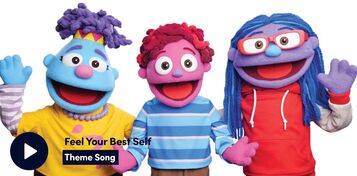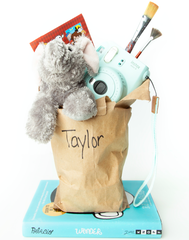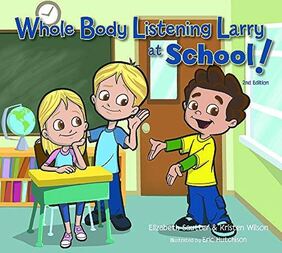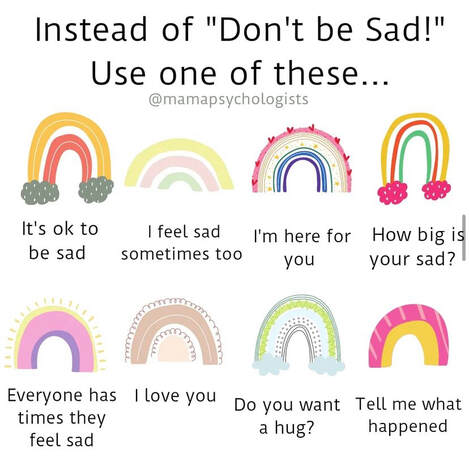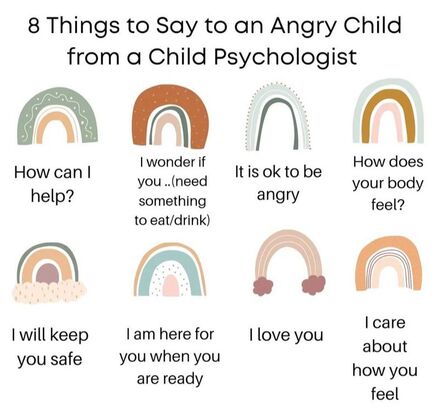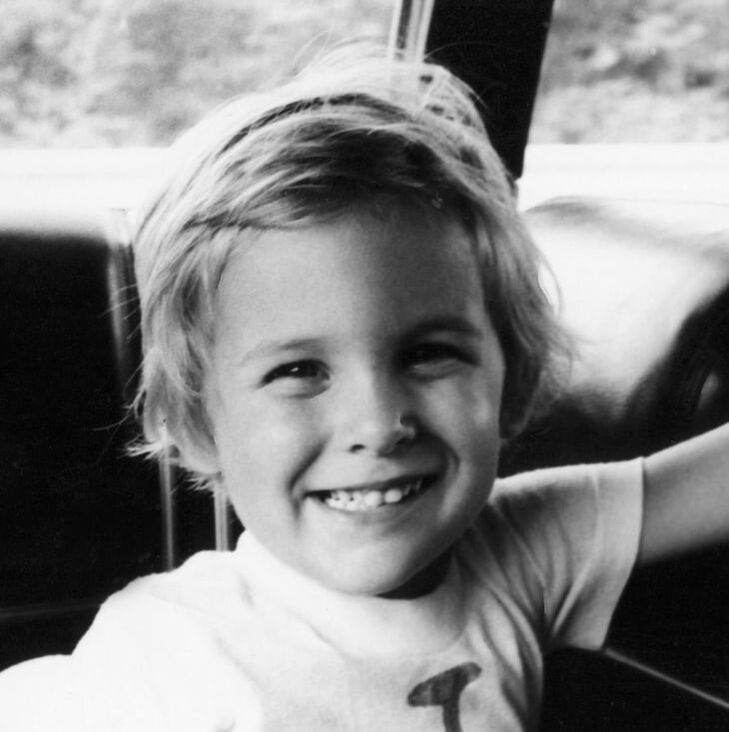|
Here I will post news and resources for families and teachers from a school counselor's perspective.
Last year, I wrote a post about talking with kids about the war in Ukraine. Considering recent events, I thought it would be helpful to re-share the resources I provided in that post. I have also included some specific resources for the War in Israel and Gaza.
On November 8th, performers from Puppets in Education will be visiting MES to teach our students about anxiety, what it is and how to manage it. Lessons will occur during health classes: grades K-4 will watch an interactive puppet show, grades 5-6 will participate in a workshop. For more information, check out the links below. Thank you Vermont Agency of Education for fully funding this important learning experience for our students.
In wellness we are using a program called Feel Your Best Self (FYBS) as part of our mindful moment. FYBS teaches simple coping strategies to promote emotion regulation, all arranged in three categories: Calm Yourself, Catch Your Feelings and Connect with Others. These types of coping strategies are important life skills, and when used regularly, can promote emotional well-being. For more information, check out: Feel Your Best Self.
In Wellness students were introduced to the "Me Bag" project. Each student received one paper bag to bring home and fill with 3 items that represent who they are. For example, a picture of a younger brother may represent being a supportive big sister, a ski pass may represent a snowboarding prowess. Unlike the picture above, all objects should fit inside the bag. Next week students will share the contents. This is a great way for students to celebrate their abilities, learn about each other, and practice their listening and public speaking skills.
Please take a moment to assist your child in completing their Me Bag. Encourage them to think about which items they will share if they are unable to share them all. Talk with them about what they plan on saying and how the item represents their ability. In wellness, we learned how to listen with our whole bodies through the book Whole Body Listening Larry at School. Whole body listening is more than just "hearing" with the ears. It also includes:
Welcome back! Before the break we celebrated Random Acts of Kindness Week. Next time you are at school, check out our Kindness Tree. Each leaf represents an act of kindness. Pretty cool! Here are some ideas you can do to be kind to yourself and others: When our kids are sad, our immediate response is often to "fix" and change our child's hard emotions. However, being given the right and space to experience an emotion without pushing it down is an incredible way to start raising emotionally intelligent children. Check out the following ways to validate their feelings of sadness:
Do you ever wonder what to say in the moment when your child is feeling angry? Often, when we jump in a try to soothe and make things better, we miss the mark in having them advocate for themselves and tell us what they need - building those problem solving and resilience skills. With this in mind, check out the following suggestions:
|
Jason StevensonSchool Counselor - Avid Hiker - Reader - Lego Enthusiast Archives
January 2024
Categories
All
|
